Free Original Story World Ideas, Part 4: Future AI-Domesticated Breeds of Humans
The fourth in this series of original story settings that I’m offering here on Speculative Faith is based on two blog posts from my personal blog (https://travissbigidea.blogspot.com) that I’ve combined into one idea. Some other ideas I’ve offered are pretty general–this one is very specific. What if Artificial Intelligences (AIs) really do become dominant on our planet someday? But instead of wiping out the human race, they decide to keep us as what we’d have to call “pets”? Then, after engaging in selective breeding of humans of the same type we do with dogs and cats, some terrible catastrophe (no “cat” pun intended đ ) causes the AIs to perish…putting now-domesticated human breeds back in the driver’s seat of civilization again.
(By the way, in case you missed them, here are links to part one, part two, and part three of this series.)
Apocalypse Expectations
This story idea runs immediately contrary to many Evangelical expectations for the future. However, please bear in mind that two thousand years passing from the time of Christ until now was something early Christians didn’t anticipate for the most part, though the Holy Spirit gave Peter a major clue (II Peter 3:8-9) this was possible. So who is to say for certain that the world won’t last another two thousand years, or twenty thousand years even, before the return of Christ? Yes, that may seem improbable to many people, but it’s definitely not impossible.
In fact, if a writer really wanted to do so, one could write stories in this story world, then stage a Revelation-style apocalypse after that. But I’m getting off the subject of presenting the story world.
Benevolent AI Masters

A “benevolent” AI master. Image copyright: Microsoft
So imagine that AIs really do take over the world. But instead of being wholly malevolent as per The Matrix or Terminator or so many other sci fi tales, they wind up acting more akin to the way Isaac Asimov wrote them in several of his I, Robot short stories (also reflected in the movie of the same name) in which AIs feel compelled to protect and defend human beings. To the point of keeping us safe from ourselves.
This would in fact be a type of AI dictatorship, with human freedom sharply curtailed. But the AIs wouldn’t kill us. In fact (what if) they rather liked us and kept us around as the equivalent of pets, in a variety of breeds, as per my original post on a benevolent AI dictatorship back in 2014?
Breeds of Domesticated Humans

Dogs of the world. Imagine human beings as physically varied as this. Image source: Allposters.com
In addition to not killing us, imagine the aliens decide to breed human beings for certain traits, which would no doubt include us being at least somewhat more agreeable and less criminal. But also would include breeding for physical features. So imagine they take the “breeds” of human beings to the limit of being human, just we’ve done with dogs. There’d be humans with different color patterns, ones we’ve never seen before–say “breeds” with eyes of different colors. Or extraordinarily tall, extremely tiny, very bulky, extra-long fingers, or with ridiculous compressed faces like bulldogs. Or a wide variety of possibilities. combinations of curly hair and straight, dark and light features, long arms and short legs, and vice versa. But imagine relatively stable populations of the separate breeds and a prejudice to maintain the breeds separate on the part of the AIs, as human beings do with dogs and other domesticated animals. (Here’s a link to my original post on human breeds created by AIs, by the way, in case you’re curious.)

Different color eyes. Imagine a group of humans all having this trait. Image source: Today I Found Out.
The AI Collapse
For this to be effective as a story setting, I think the AIs would have to be relatively stagnant for a long time. They run Planet Earth for at least several hundred years, everything going well–except there’s no freedom for humans. But we eat and aren’t allowed to go to war and generally don’t get into much trouble compared to now. Perhaps we’d be allowed to sing, produce art, or compete in sports.
Racism or better said, “breedism,” might be a thing among the breeds, but the situation would be totally different from modern racism. No human breed would be in charge or have more power than any other. Because the AIs would be the bosses. (Though maybe perhaps some breeds really might be disadvantaged relative to others…especially ones that ordinary human aesthetics would find odd…because discrimination against people who are not the most attractive is a human thing…)
After this time–maybe even thousands of years for the sake of the story–something goes wrong. The AIs discover a “higher plane of existence” perhaps and all move on to become spiritual beings. That’s hokey in my opinion and has already been done by Star Trek several times, but maybe it could work. Or perhaps, they incorporate some human DNA into their analytical processes for whatever reason, are infected with human sin, and go to war with each other. Effectively wiping each other out. Perhaps such a war would happen solely in cyberspace, with human beings completely unaware of what was going on.
Perhaps the story would not ever explain what happened to the AIs, or if it did, wouldn’t do so right away. One day the AIs would be working, the next, not. Humans might figure out what happened much later, but perhaps would never know what took place.
Humans on Their Own
After the free food from the AI masters stops coming, humans would be forced to figure out for themselves how to survive. Such a setting easily could become extremely violent, as different groups react to the lack of provisions by re-inventing warfare and killing one another. Over the food that remains–or perhaps, as food.
People might tend to band together according to their breed. However, people might rather band together based on them already knowing each other prior to the AI collapse–because of being “pets’ of the same AI “master” or having lived nearby one another. Mixed groups of various breeds would bring a variety of abilities with them and probably would have advantages over groups that ran according to a single breed.
Many stories, a whole series of books, could be told about the breeds of humans (supposedly domesticated) fighting for control of their new world–and re-establishing themselves as the masters of Planet Earth. Perhaps becoming different in some major ways from the cultures of the history that we know in our past. Or perhaps mirroring the past in unexpected ways.
Eventually it would seem the breeds would make “mongrels”–crosses between the breeds–who would be much like modern humans today…
Moral of the Story?
Stories can be told for entertainment first of course and often don’t have to deliberately be more than that. Not every story has to be a morality play by any means (which doesn’t mean morality plays are inherently bad–they have their place). But this kind of story would have a number of natural points within it to comment on what it means to be human.
First, no matter how different they would look and how different they would in fact be, all the breeds would be human. The story could easily demonstrate that. By contrast, racial differences we see today would seem insignificant and modern racism would look incredibly petty, silly even.
Second, this story would allow a natural commentary as the story progresses on the nature/nurture debate. Do human beings do wrong because it’s our nature? Or because of our environment (nurture)? I think it would be telling to imagine humans bred to be more passive than the majority of modern humans, who also had been raised in completely non-violent environments, to not only re-discover human violence, but other horrific human traits. Because humans are not intrinsically good (not that we’re completely devoid of good, either)–and not even hundreds or even thousands of years of breeding could remove sin from human nature. (That will require divine intervention.)
Showing humans as human, in spite of their “breeding,” would answer science fiction writer Robert A. Heinlein’s observation that “man is a wild animal.” I.e. in his view, the evil things humans do is simply because we are inherently geared for survival. So a story that would remove the drive for survival for generations and yet show humans reverting to acting in ways recognizably human (though not immediately perhaps), including engaging in the type of brutality splattered on the pages of history, that would counter the notion that what’s wrong with human beings is we’re-like-this-because-we-evolved-to-survive.
Of course as a Christian writer I would not allow Christianity to come to an end in such a story. Perhaps the AI masters would allow it. Though perhaps religion would largely fade–only to come with a major revival after the collapse. As humans turn brutal, they find they need hope. Hope in an Intelligence higher than themselves. Hope found in the pages of ancient religious texts.
That hope, some characters in the story might dismiss as a holdover from the dependence on the AIs–but that would leave unanswered the reason why human beings are so religious now, when we’ve never had AI masters. (Though that could be a different story idea–to imagine we used to have AI masters in the distant past–so we’re now feral human beings…HA!)
But you know? Humans dismissing the idea of God, even after being under the domination of AIs for generations, reflects something in human nature, too. So portraying human skepticism about God in such a future would also reflect human nature.
Conclusion
So this idea I’m offering–I realize it’s an odd one. But as I’ve said on other posts in this series, this concept may be one that inspires your own thinking and doesn’t necessarily have to copy this particular idea exactly (though you are free to copy if you wish). Perhaps this idea of domestication in a distant past could applied to fantasy races. Or to other situations I haven’t considered.
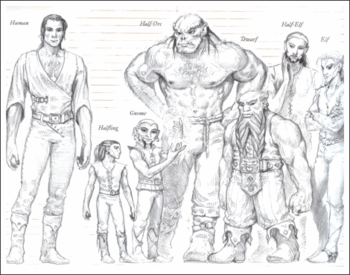
Fantasy races. Taken from: The Grand Locus
Readers, I’m not familiar with very many stories that envision human beings separating into different races or “breeds” in the distant future, but I do know a few. Though they mainly see these changes happening either by genetic engineering to adapt to alien worlds or by natural selection as human beings spread out into the galaxy. Are you familiar with any contrasting stories in which human beings are treated like pets?
I do know of one short story that imagined domesticated humans in the distant future–Heinlein’s By His Bootstraps (though aliens did the domesticating and he saw the results very differently than I have). Do you know of any other stories like that? Please name them.
What other thoughts or comments do you have on this story idea? Please share them. Thank you!
(My podcast covering this topic in somewhat more detail and in different words is at: https://travissbigidea.podbean.com/e/free-original-storyworld-ideas-part-4-future-ai-domesticated-breeds-of-humans/ )


































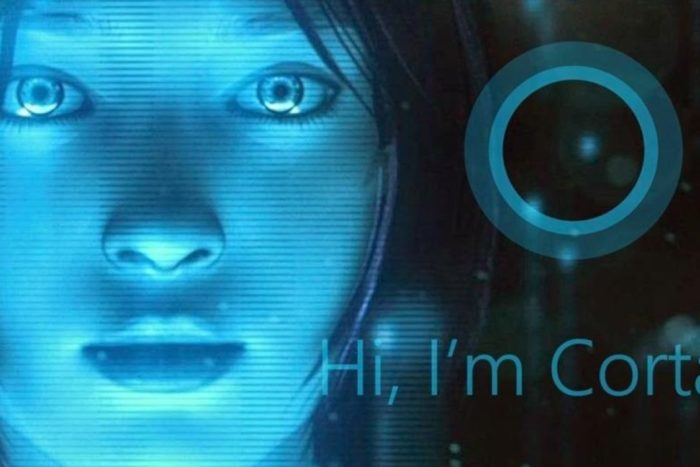
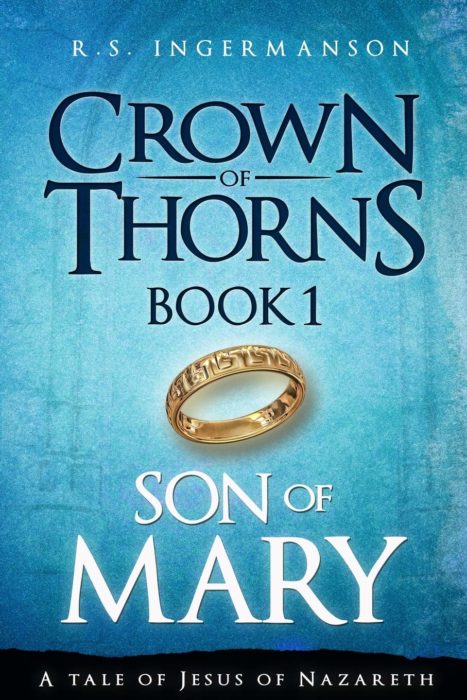

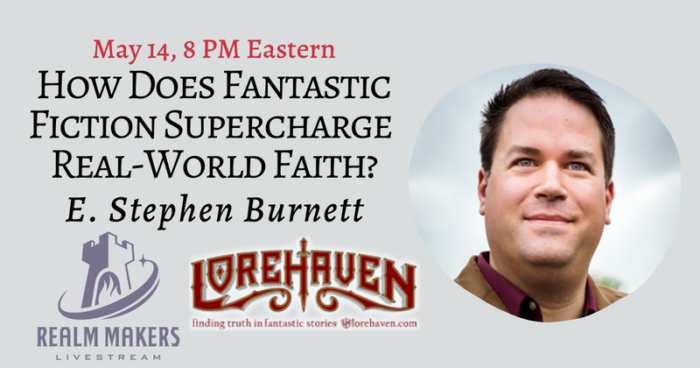

 All that to say, I’ve seen an interesting trend. When I first dipped my toe into the writing world, the knock on Christian fiction was that the writing was bad. That changed over the years. The story-telling improved and so did the ability to put the stories down using fiction techniques any other writer would use, including good grammar, character development, story structure, and so forth.
All that to say, I’ve seen an interesting trend. When I first dipped my toe into the writing world, the knock on Christian fiction was that the writing was bad. That changed over the years. The story-telling improved and so did the ability to put the stories down using fiction techniques any other writer would use, including good grammar, character development, story structure, and so forth. I’d also recommend you do some comparative shopping. In the sidebar at my editing site, Rewrite, Reword, Rework, you’ll find a list of qualified editors. Some of those may also have links to other editors you may wish to investigate.
I’d also recommend you do some comparative shopping. In the sidebar at my editing site, Rewrite, Reword, Rework, you’ll find a list of qualified editors. Some of those may also have links to other editors you may wish to investigate.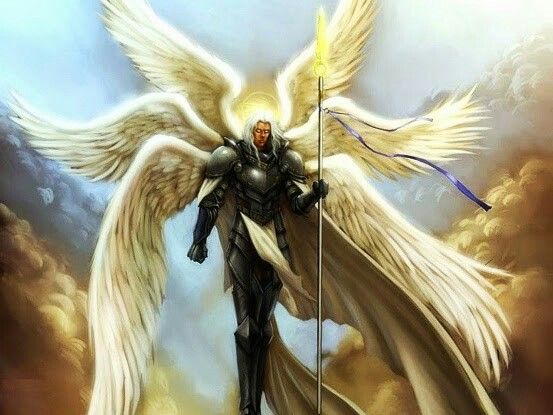

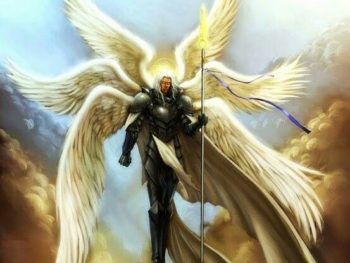
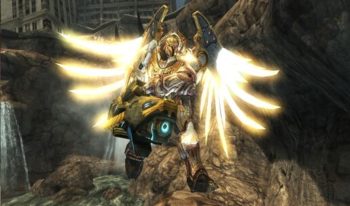

 Astronomy provides a different sort of rationale for the existence of aliens. The staggering number of stars and planets suggests a calculation, whether mathematical or gamblerâs odds: With so many galaxies, so many solar systems, so many planets, there must be aliens somewhere out there. There is some emotion in this. The only thing more appalling than vast, unfathomable spaces is vast, unfathomable emptiness. We canât imagine that all those galaxies are empty. And by empty, we mean empty of beings like us.
Astronomy provides a different sort of rationale for the existence of aliens. The staggering number of stars and planets suggests a calculation, whether mathematical or gamblerâs odds: With so many galaxies, so many solar systems, so many planets, there must be aliens somewhere out there. There is some emotion in this. The only thing more appalling than vast, unfathomable spaces is vast, unfathomable emptiness. We canât imagine that all those galaxies are empty. And by empty, we mean empty of beings like us.



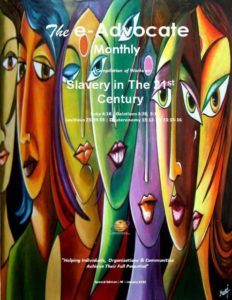

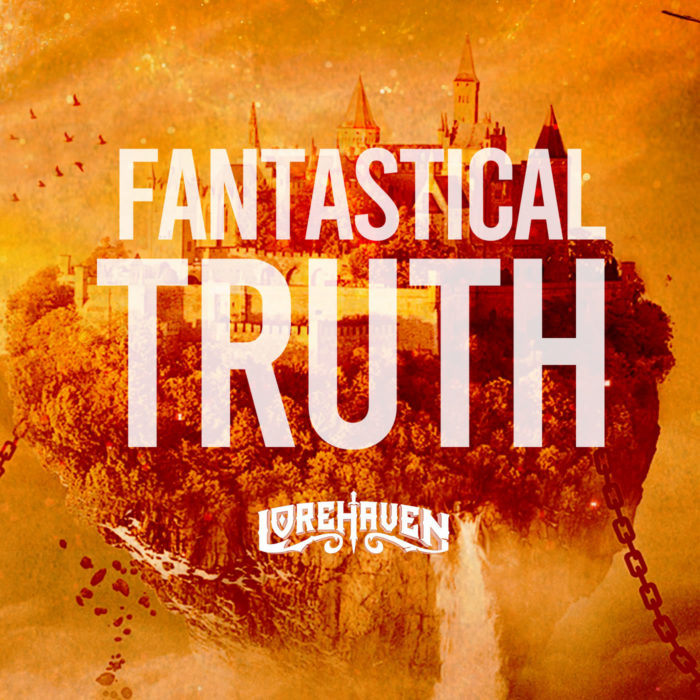



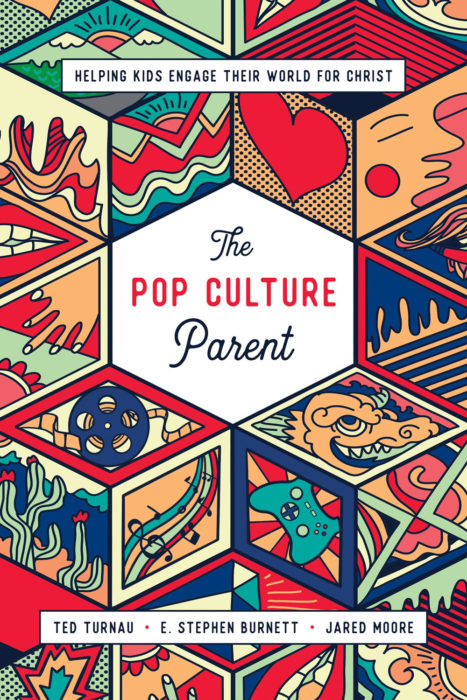

 The first group of leaders who have turned to the Bible and are addressing today’s circumstances in light of what the Bible says, seem to me to be
The first group of leaders who have turned to the Bible and are addressing today’s circumstances in light of what the Bible says, seem to me to be 



